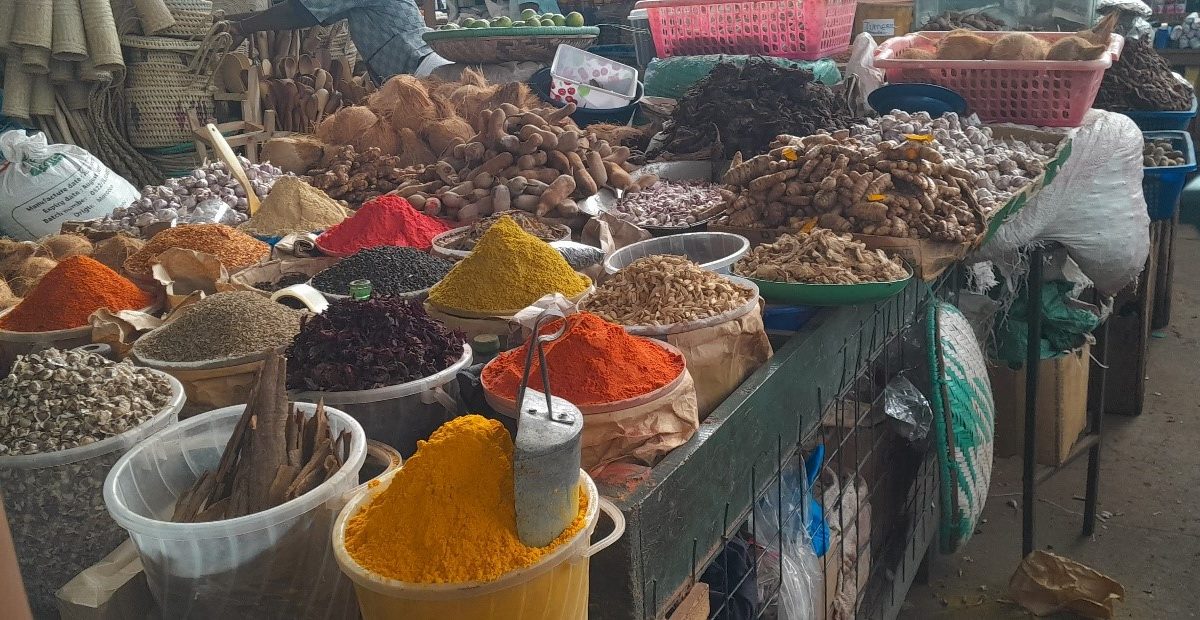Traders at the historic Marikiti market in Mombasa strive to make ends meet amid an increase in rent levy from Sh1,500 to 2,000 and slow business.
In the heart of the coastal city, Marikiti stands as a testament to 115 years of bustling commerce, attracting both local and international tourists.
As we enter 2024, the market’s pulse is captured through the lens of hopes, challenges, and unique facets defining the iconic marketplace.
Despite the slower beginning, there’s an air of optimism that business will regain momentum from next month.
“It is 16 days since 2024 began, business has not picked up since most people are busy with school issues, but we are hopeful it will rebound next month,” said Muhammad Ali, Marikiti Chairman.
The Chairman urges the County Government to improve their market stalls and the National Government, to ease the cost of transporting goods from up country.
“We face competition from supermarkets since some people opt to buy their commodities there. I urge people to buy goods from our market stalls, since we sell fresh fruits and vegetables and spices of the best quality which come from Tanzania,” said the Market Chairman.
Swaleh Mohamed, a spice trader, says that the cost of living has skyrocketed in the recent past and the rise of the dollar against the shilling has affected the importation of cinnamon and cumin seeds.
The traders used to buy a 90 Kg sack of spices for Sh8,000 but they now purchase at Sh26,000 resulting in less profit or at times losses.
One distinctive feature of Marikiti is its commitment to freshness. Traders source their goods daily from Kongowea Market, Mombasa’s largest farm market.
This stands in stark contrast to competitors who opt for refrigeration, underlining Marikiti’s dedication to delivering quality and affordable products.
The Chairman sheds light on the seasonal variations that impact commodity availability. Using potatoes as an example, he explains, the market’s experience of abundance and scarcity, directly influencing prices and customer access.
“Potatoes for instance, there are seasons when we have plenty of them and there are times, when they are scarce at the moment all the goods are available, it’s the prices that are high. Same with seasonal fruits,” the Chairman explained.
Security remains a paramount concern, and the Chairman expresses gratitude for the installation of CCTV by the Old Town area Member of the County Assembly (MCA). Additionally, efforts by the National Government to install WI-FI in the market were acknowledged, although a current service interruption, has been reported and awaits resolution.
A unique perspective emerges as the Chairman notes that a significant number of Marikiti’s business owners, primarily Muslim, abstain from taking loans due to religious beliefs, adding a distinctive layer to the market’s financial dynamics.
Customers expressed contentment with the services offered at Marikiti Market, recognizing its role in meeting their needs and the county government’s efforts in maintaining cleanliness within the market.
By Mauta Jackline and Victoria Wanjiru





